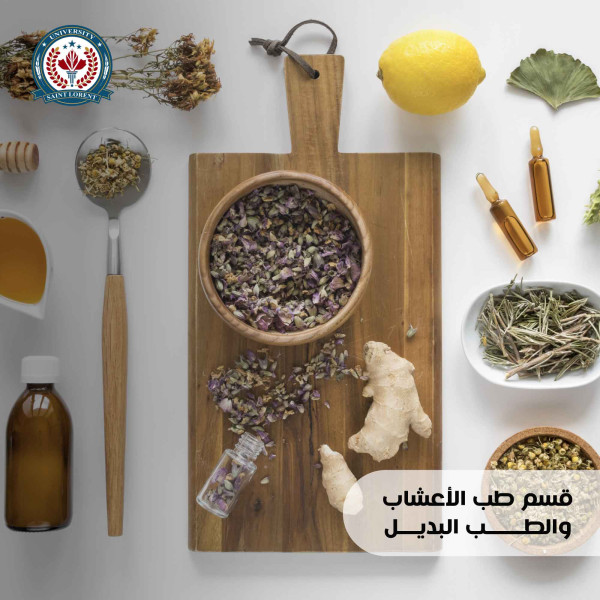Alternative medicine and herbal medicine Medical Sciences / Alternative medicine and herbal medicine

Doctors and Nurses: Doctors and nurses can attend to expand their knowledge and skills in using alternative therapies alongside traditional practice.
Health Professionals: Other health professionals such as nutritionists, physiotherapists, massage therapists, psychotherapists, and others can attend to enhance their skills in holistic practice.
Pharmacists and healthcare professionals: Pharmacists and healthcare industry professionals can obtain additional training in herbal and alternative medicine to provide comprehensive health advice to patients and clients.
Researchers and Scientists: Researchers and scientists in the field of medical and natural sciences can attend to contribute to the research and development of the field of alternative medicine.
General Audience: Anyone interested in alternative therapies and medicinal herbs can attend to learn about the general benefits and uses of these therapies and practices.
Among the main goals of the herbal and alternative medicine program are:
Providing Comprehensive Knowledge: Promoting general knowledge and understanding about herbal and alternative medicine, including the history, philosophy, and basic concepts of these practices.
Learn about alternative therapies: provide comprehensive information about a variety of alternative therapies used in health practices, such as herbal medicine, massage therapy, phytotherapy, nutritional therapy, and others.
Practical training: providing participants with practical skills and techniques to use alternative therapies correctly and effectively, such as herbal preparation and other therapeutic applications.
Interaction and communication: Encouraging interaction and scientific exchange between the participants and the trainers and among the participants themselves, to promote a comprehensive and systematic understanding of the topics related to herbal and alternative medicine.
Promoting health awareness: raising awareness of the importance of maintaining public health, disease prevention, and the use of alternative therapies as part of a healthy lifestyle.
Herbology: includes the study of various medicinal herbs, their active ingredients, their therapeutic properties, and their medicinal uses.
Plant Physiology: In this course, students learn about the anatomy and function of plants and how they affect human health.
Dietetics: Students learn how to use food and nutrition in general to promote health and treat disease.
Herbal treatment: Focuses on the preparation of herbal remedies and various herbal preparations and methods of using them.
Traditional herbal medicine: involves the study of the medical traditions, theories, and principles that underpin the herbal medicine practices of specific cultures.
